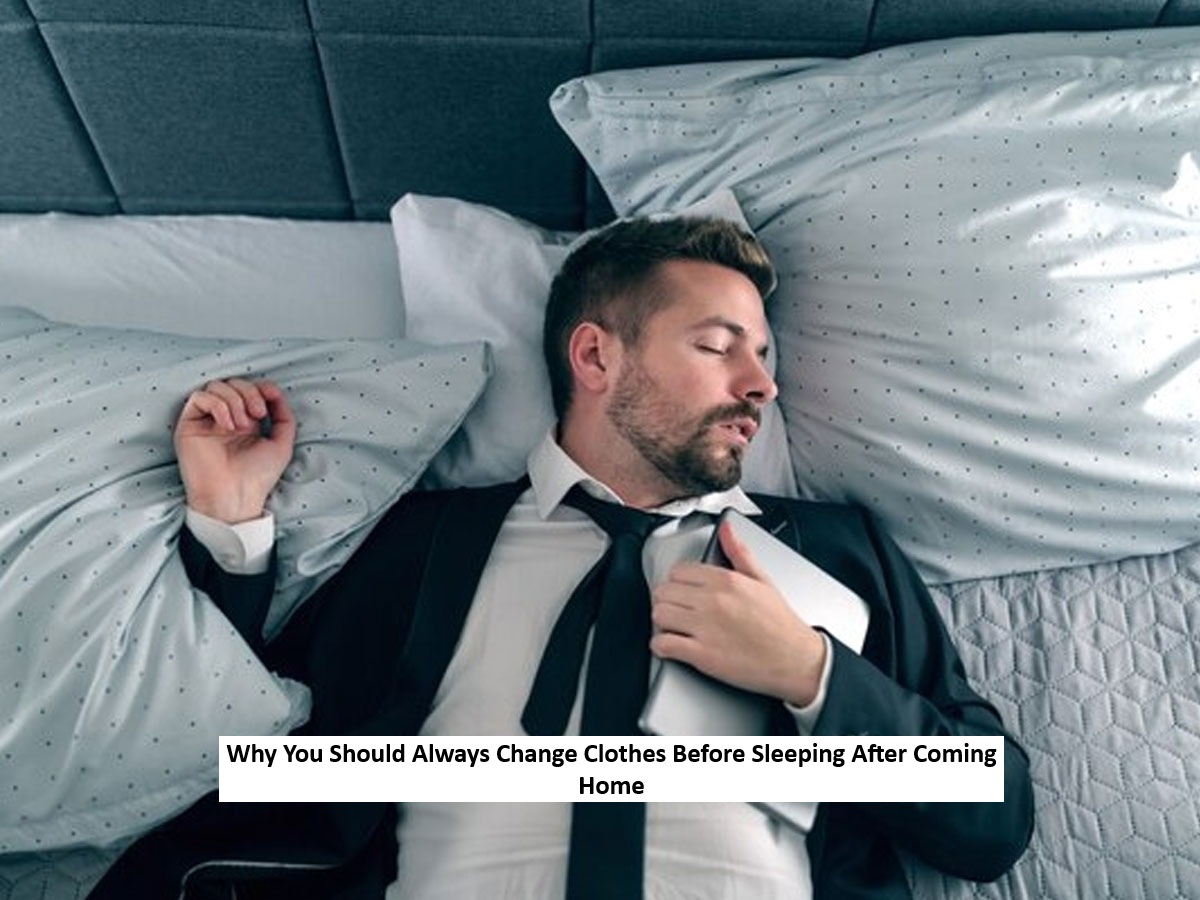
Clothes worn outside pick up dust, dirt, and allergens from public spaces. Whether you're commuting, working, or spending time outdoors, your clothing collects microscopic particles like pollen and mold. Bringing these pollutants into bed can trigger allergies, irritate the skin, or even cause respiratory discomfort, especially for sensitive individuals.
Your Clothes Carry Germs Home
Everyday surfaces like railings, public transport seats, and mobile phones are known to carry germs. When your clothing comes in contact with these surfaces, it picks up bacteria and microbes. Sleeping in the same clothes transfers these germs to your bedsheets, raising the chances of skin infections or breakouts like acne.
Sweat and Body Oils Build Up
Even if you're not physically active, your skin releases sweat and natural oils throughout the day. These get absorbed by your clothes. Wearing them to bed traps moisture against your skin, blocking pores and encouraging bacterial growth. This can lead to body odor, rashes, or skin irritation over time.
Changing Clothes Helps You Sleep Better
Wearing clean, comfortable sleepwear signals to your body that it's time to relax. Outdoor clothes are often tighter or made from less breathable materials, which can interfere with your sleep. Pajamas or nightwear are designed for comfort, helping improve both your sleep quality and duration.
Simple Steps to Stay Healthy
Change into clean sleepwear after returning home.
Consider taking a quick shower or washing your face and hands.
Keep bedsheets and blankets clean by washing them regularly.
Avoid bringing outside germs into your bedroom space.
Read More: The Sweet Truth Is Your Healthy Brown Sugar Actually Just White Sugar

 Share
Share



